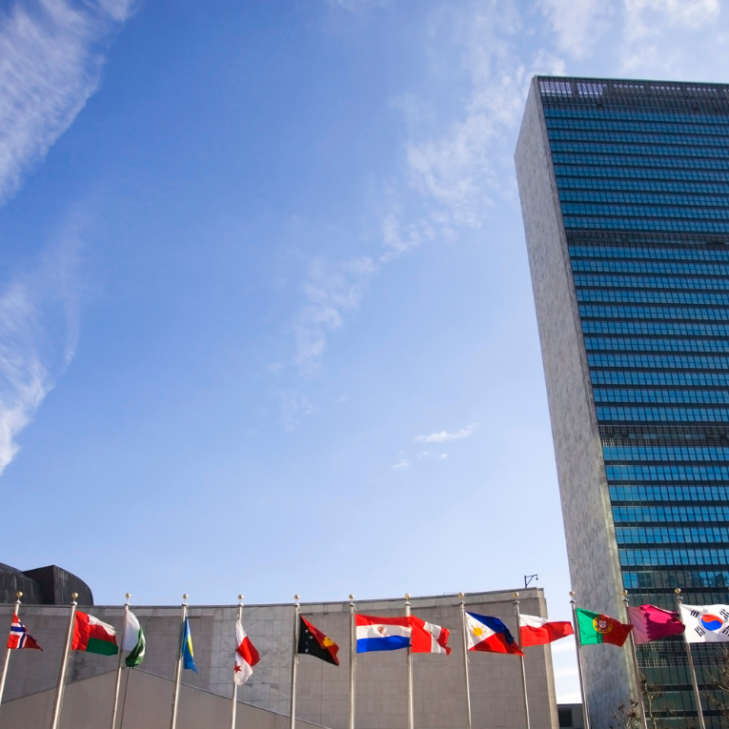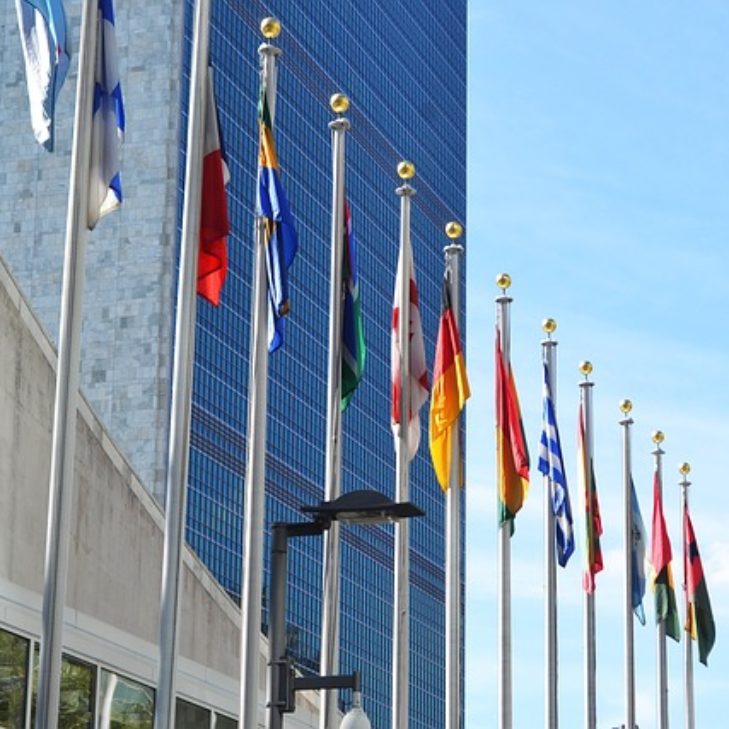Greening International Law
Awaiting Wisdom of the World Court: Obligations of States in Respect of Climate Change
UN Photo: Seat of the ICJ, Peace Palace, The Hague, The Netherlands I. Introduction: 2024 �...

The Pact for the Future of the Planet: Making Multilateralism Work
The Summit adopted an ambitious outcome document – Pact of the Future– along with its two annexe...

Release of ICEL’s note on the UN General Assembly request for an advisory opinion on the legal obligation of states in response to climate change
To inform proceedings concerning the ICJ Advisory Opinion on climate change, the International Counc...

The adoption of the “BBNJ” Agreement: What is in the text and what are the next steps?
On June 29th 2023, the United Nations finally adopted the Biodiversity Beyond National Jurisdiction ...

Climate change and the advisory function of international courts and tribunals
A coalition of member States led by Vanuatu is bringing a draft resolution to the UNGA to request an...

Global Climate Change as a Planetary Concern: A Wake-Up Call for the Decision-makers
In the wake of COP27, Prof. Bharat H. Desai of the Centre for International Legal Studies at Jawahar...

Scoring a Goal for Latin America and the Caribbean in Plastic Pollution Talks
Key Proposals: The article offers an analysis of the interests of a multilateral negotiation of a bi...

Green Diplomacy: Birth of a new Blog
The Blog “Pathway to the 2022 Declaration” evolves today to “Green Diplomacy.”

The Repurposed UN Trusteeship Council for the Future
The Context and Idea On 15 July 2022, IOS Press published an ideational proposal of this author ent...

Exploring Pathways to an International Agreement to Leave Fossil Fuels in the Ground
It is increasingly recognised (even if not always in public) that the goals of the Paris Agreement w...

Ecocide as a fifth crime at the International Criminal Court
This criminal law route can therefore provide an enforceable deterrent to underpin and support UNFCC...

COP26 and the Flawed Design of International Law
With respect to climate change, the Earth’s atmosphere should be recognized as a global trust that...
